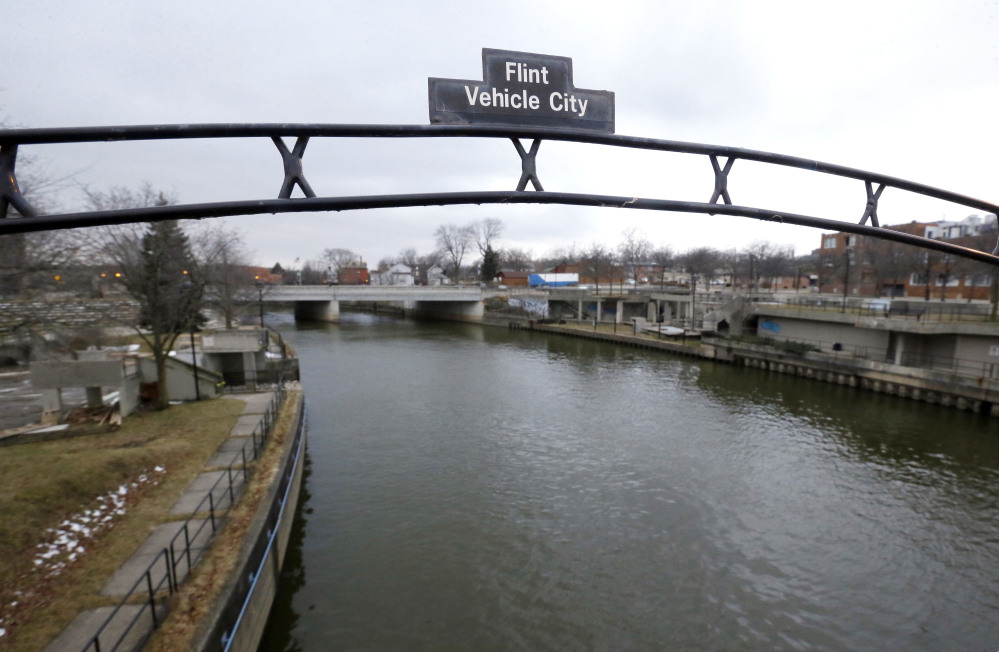LANSING, Mich. — High-ranking officials in Michigan Gov. Rick Snyder’s administration were aware of a surge in Legionnaires’ disease potentially linked to Flint’s water long before the governor reported the increase to the public last month, internal emails show.
When he disclosed the spike in Legionnaires’ cases on Jan. 13, Snyder said he had learned about it just a couple of days earlier. But emails obtained by the liberal group Progress Michigan through public-records requests and shared with The Associated Press show Snyder’s own office was aware of the outbreak since last March. At the time, others in the administration were scrambling to respond to suggestions that bacteria in the city’s new water source, the Flint River, could be the culprit.
The outbreak was also well known within state agencies, according to emails obtained separately by the AP and other news organizations. Together, the emails offer more evidence that some state officials were dismissive of county health authorities who raised concerns about the safety of the drinking water.
“The increase of the illnesses closely corresponds with the time frame of the switch to the Flint River water. The majority of the cases reside or have an association with the city,” Jim Henry, Genesee County’s environmental health supervisor, wrote March 10 to Flint leaders, the city’s state-appointed emergency financial manager and the Department of Environmental Quality, known as the DEQ.
“This situation has been explicitly explained to MDEQ and many of the city’s officials,” Henry said in the email that was forwarded by the DEQ to a Snyder aide three days later. “I want to make sure in writing that there are no misunderstandings regarding this significant and urgent public health issue.”
Legionnaires’ disease is a pneumonia caused by bacteria in the lungs. People can get sick if they inhale mist or vapor from contaminated water systems.
There were at least 87 cases across Genesee County during a 17-month period, including nine deaths, but the public was never told about the increase when it was happening – even after an initial wave of more than 40 cases was known by early 2015.
Send questions/comments to the editors.



Success. Please wait for the page to reload. If the page does not reload within 5 seconds, please refresh the page.
Enter your email and password to access comments.
Hi, to comment on stories you must . This profile is in addition to your subscription and website login.
Already have a commenting profile? .
Invalid username/password.
Please check your email to confirm and complete your registration.
Only subscribers are eligible to post comments. Please subscribe or login first for digital access. Here’s why.
Use the form below to reset your password. When you've submitted your account email, we will send an email with a reset code.